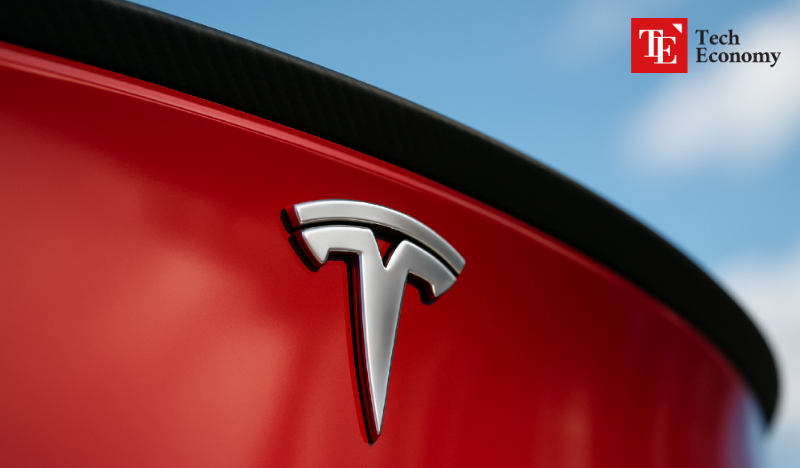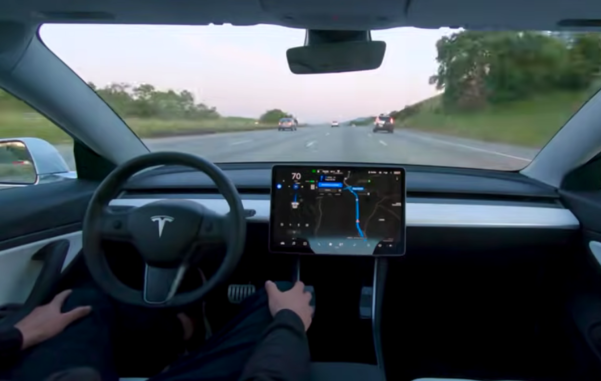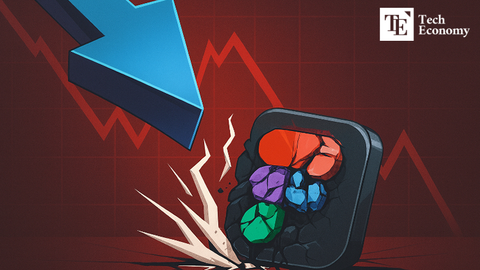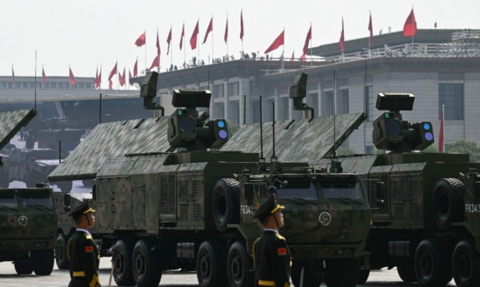Chinese EV Surge and the Musk Risk: Tesla Loses Its Global Throne
Input
Changed
Global EV sales, BYD in first place, Tesla in third Double blow from subsidy removal and Chinese EVs Tesla facing loss of market dominance

The era of Tesla’s once-dominant lead appears to be drawing to a close. In the global electric vehicle market, Tesla has slipped to third place, overtaken by Chinese automakers with overwhelming price competitiveness. The decline in its core EV business, coupled with looming cuts to U.S. federal tax credits and intensifying scrutiny over autonomous driving safety, is eroding both its market competitiveness and brand credibility.
BYD and Geely Claim the Top Two Spots in Global EV Sales
According to market research firm SNE Research on the 4th, global EV registrations (including battery electric and plug-in hybrid vehicles) from January to July reached 11.029 million units, up 28.8% year-on-year. BYD sold 2.196 million units, up 18.6%, retaining its lead with a 19.9% market share, down 1.7 percentage points.
BYD’s success lies in its aggressive localization strategy. By establishing plants in Europe (Hungary, Türkiye) and Southeast Asia (Thailand, Indonesia), the company has adapted flexibly to tariff and subsidy shifts. It has steadily built brand recognition on the back of price competitiveness and technological strength, while successfully expanding into diverse segments such as commercial vehicles and micro-EVs.
Geely Group ranked second with sales surging 70.3% to 1.134 million units, capturing a 10.3% share, up 2.5 points. Geely has developed a broad brand portfolio, including the premium marque Zeekr, hybrid-focused Galaxy, and global-facing Lynk & Co. It has actively pursued the transition from internal combustion to electrification while internalizing key technologies in batteries, electronics, and software. This vertical integration strategy is regarded as Geely’s core competitive strength.

Tesla Falls to Third, Struggles With Profitability and Market Share in New Frontiers
Tesla, by contrast, sold only 829,000 units during the same period, a 13% year-on-year decline, sliding to third place. Its mainstay Model Y and Model 3 saw weakening demand, with Model Y sales down 13.7% globally, weighing heavily on overall performance. Regionally, sales fell 26.8% in Europe and 13.5% in North America. In China, growth in Model 3 was offset by Model Y weakness, leading to an overall contraction. Sales of premium models also plunged: Model S by 62.2% and Model X by 48.8%.
With its core EV business faltering, Tesla has sought to carve out new growth avenues in autonomous driving and humanoid robotics, but prospects are uncertain. Intensifying global competition has dampened expectations for profitability or market share. “Chinese firms now offer Level 2+ autonomy at lower prices, while Waymo plans to expand robotaxi services to over 10 cities by 2025,” noted one industry insider. “Humanoids are at least three to five years from commercialization, with numerous Chinese firms entering that space as well.”
Meanwhile, concerns over the safety of Tesla’s autonomous technology continue to mount. According to Reuters, a federal jury in Miami ruled that Tesla bore partial responsibility for a fatal 2019 autopilot crash in Florida, assigning the company 33% liability and ordering $243 million in damages to the victim’s family. It marked Tesla’s first courtroom defeat in an autopilot case.
Subsidy Cuts and Anti-Musk Sentiment Add to the Pressure
The Trump administration’s move to scale back EV subsidies (tax credits) deepens Tesla’s woes. Tesla currently benefits from tax credits of up to $73,000 per vehicle for domestic production, while consumers receive roughly $110,000 in purchase incentives. Removal of these subsidies would sharply erode Tesla’s price competitiveness. Asked about the prospect in July, CEO Elon Musk admitted, “We probably could have a few rough quarters,” acknowledging potential financial strain until the self-driving business expands late next year.
Anti-Musk sentiment in the U.S. and Europe has further undermined Tesla’s growth. Musk’s far-right statements and political interventions have tarnished the brand image globally. In Germany, his endorsement of the far-right AfD party sparked consumer backlash and protests outside the Gigafactory. A German media poll found that 94.2% of respondents said they would not purchase a Tesla. Similar sentiment has surfaced in North America and China.
This reputational damage has spilled into Tesla’s resale market. Some owners are offloading vehicles due to brand concerns, pushing down used car values. Average resale prices of Model Y dropped by about $8,760 year-on-year, and by over $29,200 compared with 2023. Analysts caution that although Tesla still commands significant technological assets, failure to navigate the current crisis could cost the company its leadership in the EV market altogether.






















Comment